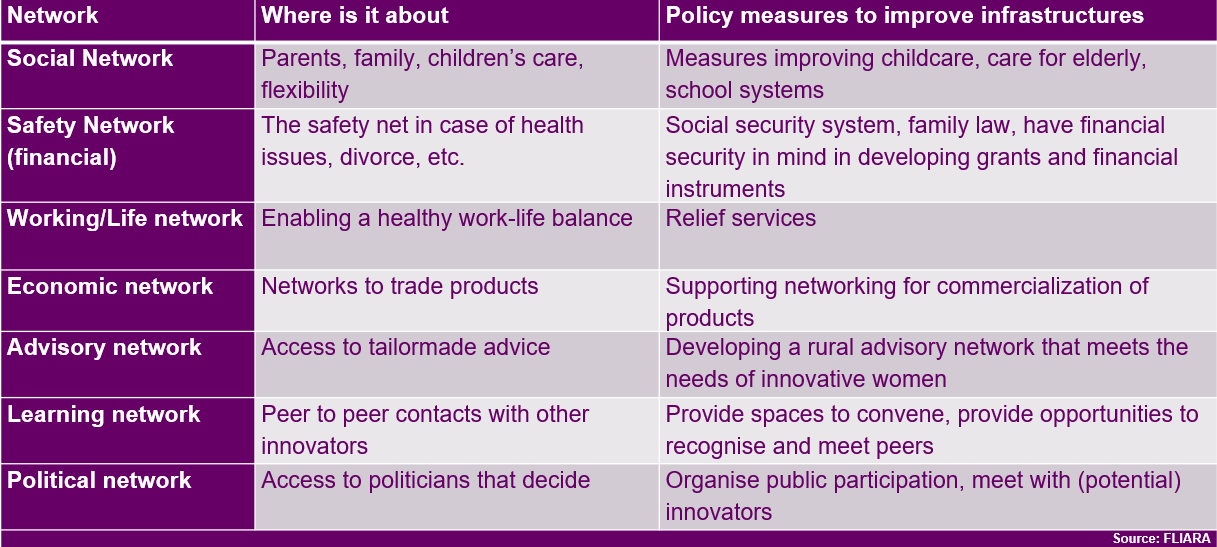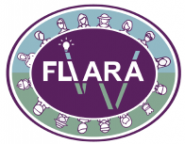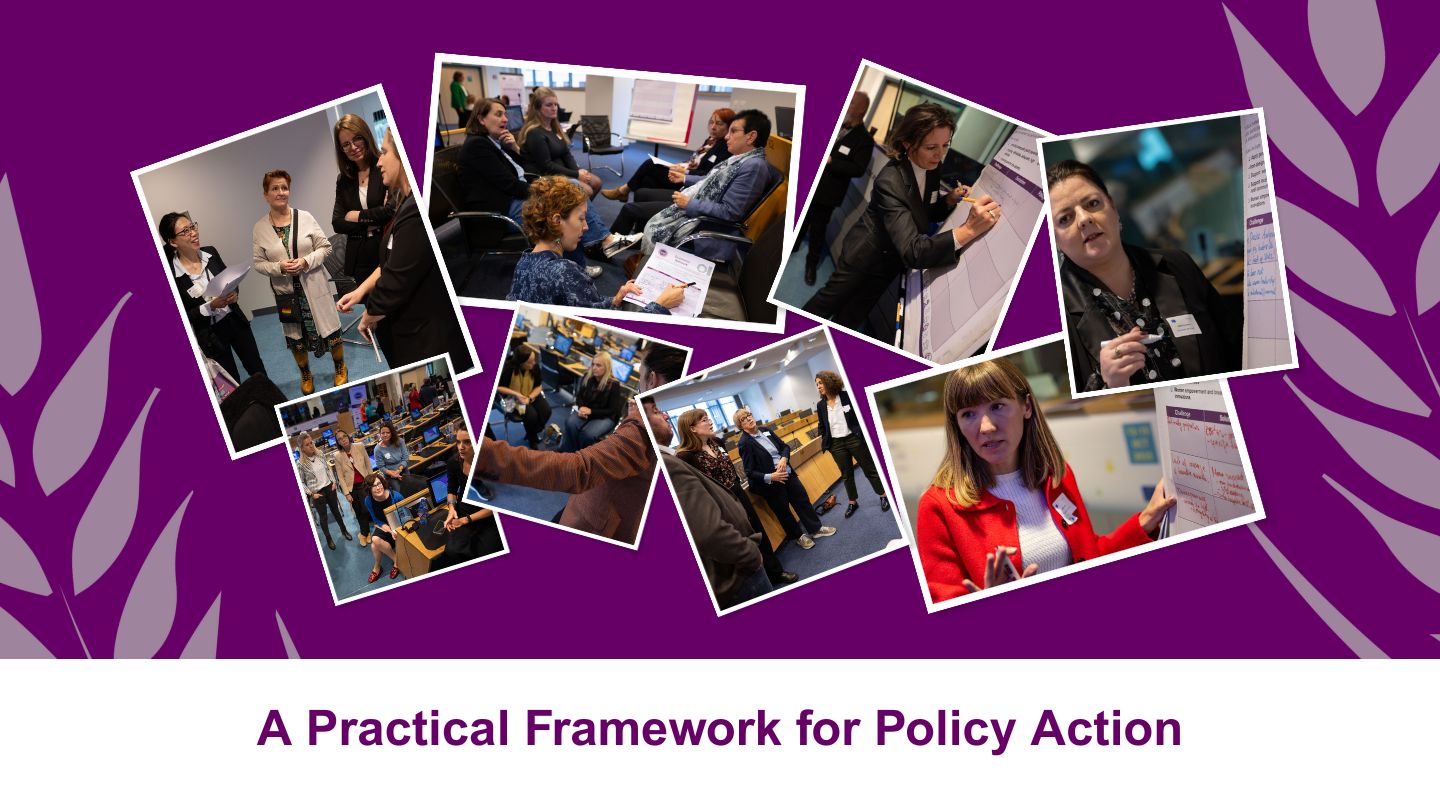After almost three years of research and collaboration, the FLIARA project has produced 58 policy briefs that translate evidence on women-led innovation in agriculture and rural areas into practical guidance for policymakers across Europe.
Each brief follows a common structure — summarising the challenge, outlining concrete policy solutions, showcasing supporting evidence and best practices, and ending with a clear call to action. Drafts were reviewed both within the consortium and with national stakeholders to ensure they respond to real policy needs. Together, they provide a roadmap for strengthening the ecosystems that allow women to innovate and thrive in rural contexts.
From Challenges to Networks
These insights were presented by Professor Willem Korthals Altes of Delft University of Technology during the FLIARA Final Conference, held on 17 October 2025 at the European Committee of the Regions in Brussels. His intervention emphasised that women’s capacity to innovate does not depend on isolated interventions but on the strength of the networks and infrastructures around them. Seven interconnected networks emerged as crucial to enabling innovation: social, financial, work–life, economic, advisory, learning, and political.

Social networks address the organisation of childcare, schooling, and care for the elderly — essential conditions for women’s participation in community and business life. Examples include extended parental leave, accessible preschool care, and rural school maintenance in countries such as Sweden and Czechia.
Financial and safety networks focus on access to capital, legal recognition, and protection. Many women working within family enterprises remain invisible in legal and financial systems. The policy briefs propose reforms in family law and company registration, alongside simplified grant procedures and targeted microcredit schemes to ensure equal access to resources.
Promoting a healthy work–life balance is another recurring theme. Initiatives such as Finland’s Farmer Relief Service illustrate how temporary replacement schemes allow self-employed farmers to rest or undertake training, demonstrating the benefits of supportive policy design.
Economic networks concern access to markets and visibility. The briefs highlight strategies such as local procurement (e.g., sourcing school lunches from local producers), digital commercialisation, branding support, and participation in fairs—all helping women-led enterprises reach consumers.
Advisory networks call for gender-responsive systems that provide relevant, practical guidance. Many women report that current advisory services do not reflect their realities. Simplified access points and targeted training for advisers are proposed to make support structures more inclusive and effective.
Learning networks extend beyond formal training, promoting peer-to-peer learning, co-creation platforms, and mentoring. Spotlighting successful innovators and creating spaces for shared experience helps scale local solutions and inspire others.
Finally, political networks ensure that women innovators are not left out of decision-making. Policies such as gender mainstreaming and representation quotas are vital, but their success depends on consistent implementation and local engagement.

A Practical Framework for Policy Action
The FLIARA policy briefs provide an integrated framework for policymakers at all levels to strengthen gender equality in rural innovation. By focusing on the infrastructures — rather than individuals — they demonstrate how social support, access to finance, inclusive advisory systems, and political participation can together foster lasting change.
Turning research into action requires persistence and coordinated effort. Yet, as FLIARA’s work makes clear, investing in these seven networks builds the foundations for more resilient, inclusive, and innovative rural communities across Europe.
Photos: Simon Blackley – The FLIARA Project



